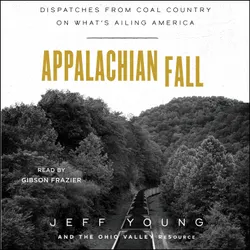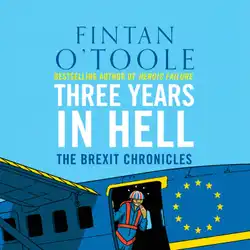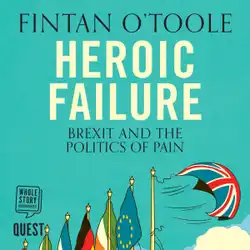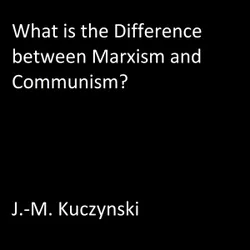In the political supplements of newspapers and in public debates, it is often claimed that "Islam" as such is archaic and poorly developed because in contrast to Europe it has not gone through a phase of Enlightenment. But it often remains unclear what the word "Enlightenment" is being used to mean here. This volume recalls the legacy of the European Enlightenment and argues in favour of nuanced and reason-based thinking in the style of Immanuel Kant. When one follows these principles, currents of thought shaped by Islam can indeed be seen to be enlightened, as the examples of liberal Muslims today and Arabic thinkers in the past impressively show. The author argues in favour of an "expanded thinking" in the twenty-first century that would be capable of safeguarding the legacy of the Enlightenment and in encounters with Islam would show that even today the Enlightenment can still make a vital contribution to understanding others.

Warum der Antisemitismus uns alle bedroht : Wie neue Medien alte Verschwörungsmythen befeuern
Michael Blume
audiobookbook
Death in Mud Lick : A Coal Country Fight Against the Drug Companies that Delivered the Opioid Epidemic
Eric Eyre
audiobook
Appalachian Fall: Dispatches from Coal Country on What's Ailing America
Jeff Young
audiobook
The Siege of Mecca
Yaroslav Trofimov
audiobook
Democratic Capitalism at the Crossroads
Carle Boix
audiobook
Three Years In Hell
Fintan O'Toole
audiobook
Empires of the Sea
Roger Crowley
audiobook
Heroic Failure: Brexit and the Politics of Pain : Brexit and the Politics of Pain
Fintan O'Toole
audiobook
What is the Difference between Marxism and Communism?
J.-M. Kuczynski
audiobook
SuperFreakonomics
Steven D. Levitt, Stephen J. Dubner
audiobook
Men Without Work
Nicholas Eberstadt
audiobook
Muslimaniac : Die Karriere eines Feindbildes
Ozan Zakariya Keskinkılıç
book


